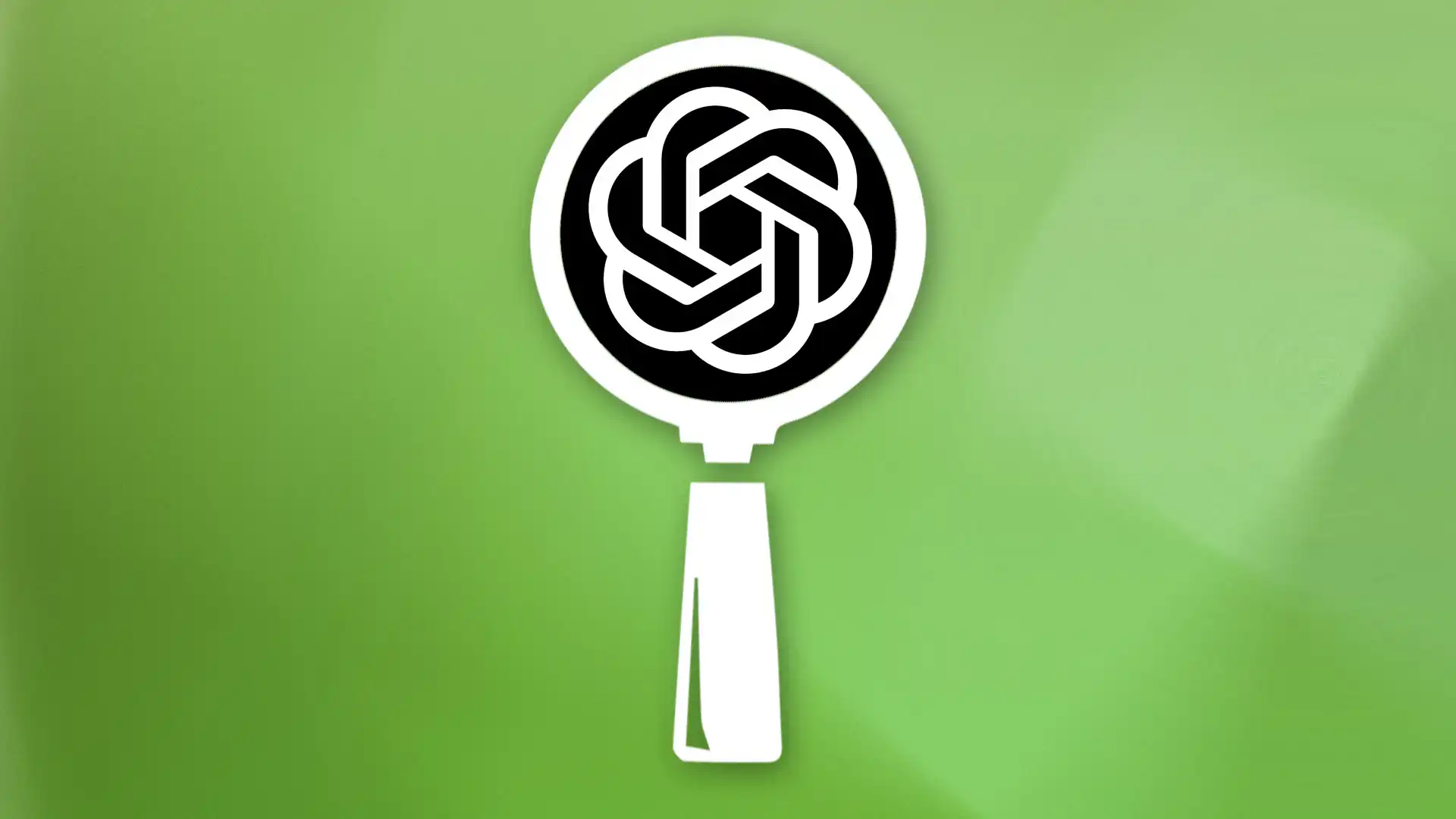SearchGPT is in a prototype stage with limited access, but its features and data will be integrated with ChatGPT in the future.
In order to train their models, AI generative text tools like ChatGPT scour the internet for text…which is also something that search engines like Google do. So, why not combine them and just give you everything? That seems to be the thinking behind SearchGPT, a new search engine from ChatGPT maker OpenAI.
The product was announced as a prototype on OpenAI’s website, inviting users to join a wait list to access the tool. According to the company, it’s designed to “combine the strength of our AI models with information from the web to give you fast and timely answers with clear and relevant resources.” The prototype tool is “temporary,” at least for the moment, but at least some of its features and functionality will be integrated into the wider ChatGPT product and its accompanying apps and APIs.
It makes sense. ChatGPT’s language model is a huge and unwieldy collection of data, so users can only access updated versions of it periodically — the current ChatGPT-4 model is trained on data that stopped updating in April of 2023. So adding in indexed search data that’s far more recent could give more accurate and timely information to queries and other tools reliant on ChatGPT’s various features. For an immediately relevant example, ChatGPT-4 can’t accurately tell you who the current nominees for the 2024 US presidential election are, but a search engine can get them right away.
OpenAI has been criticized for training its models on copyrighted pages and data without permission, and it’s showing awareness of that criticism in SearchGPT’s announcement. “We’ve partnered with publishers to build this experience and continue to seek their feedback,” says the page, and the search engine will include “a way for publishers to manage how they appear” in it. Animated examples on the promo page show links to the source of generated answers.


